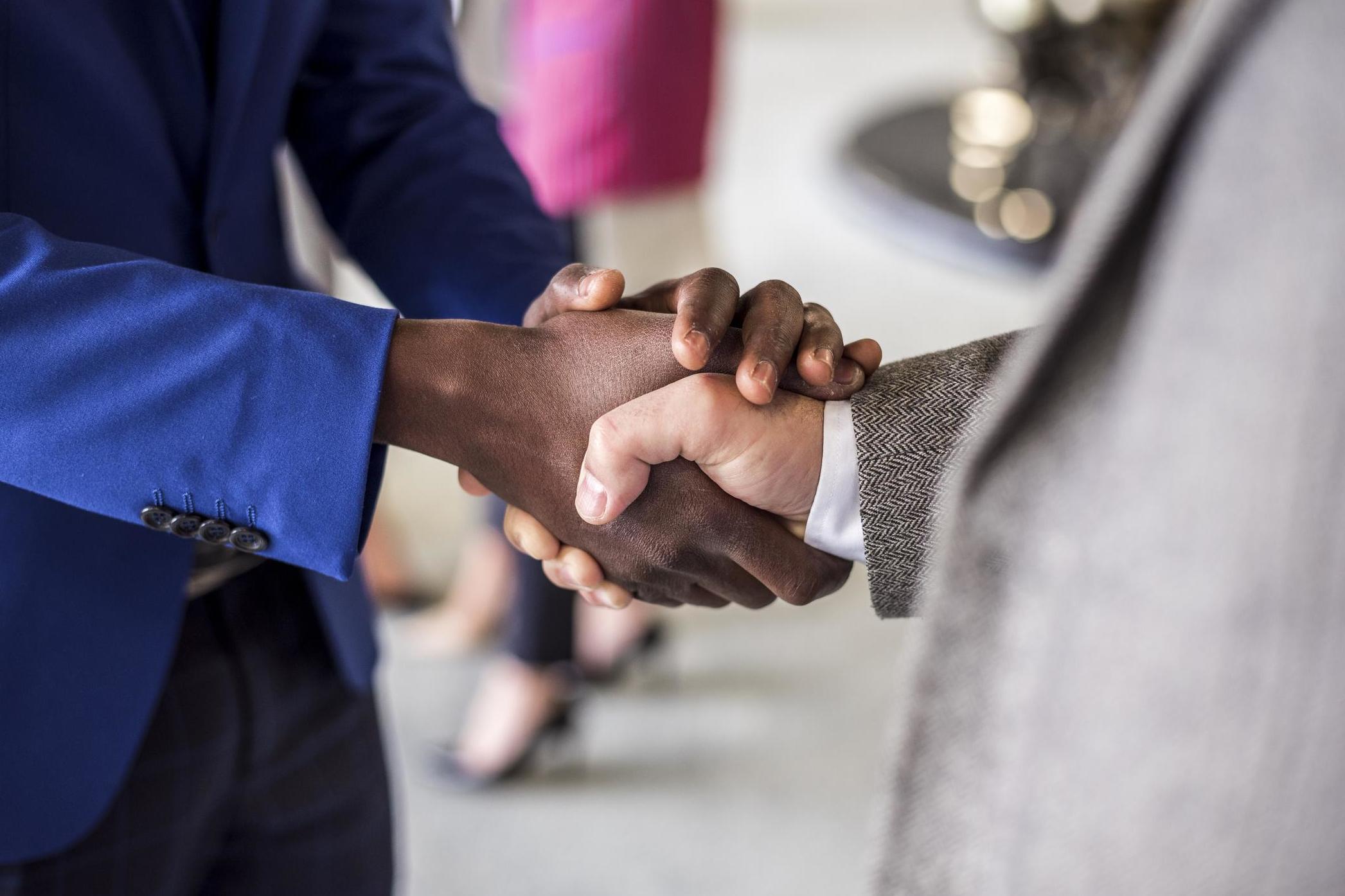Britons say ‘thank you’ more than anyone else in the world, study claims
It’s still surprisingly infrequent

Your support helps us to tell the story
From reproductive rights to climate change to Big Tech, The Independent is on the ground when the story is developing. Whether it's investigating the financials of Elon Musk's pro-Trump PAC or producing our latest documentary, 'The A Word', which shines a light on the American women fighting for reproductive rights, we know how important it is to parse out the facts from the messaging.
At such a critical moment in US history, we need reporters on the ground. Your donation allows us to keep sending journalists to speak to both sides of the story.
The Independent is trusted by Americans across the entire political spectrum. And unlike many other quality news outlets, we choose not to lock Americans out of our reporting and analysis with paywalls. We believe quality journalism should be available to everyone, paid for by those who can afford it.
Your support makes all the difference.When it comes to manners, Britain is as famed as it is mocked for its unrelenting penchant for politeness.
It should therefore come as no surprise that nobody says "thank you" more than the Brits, who seem to be in a constant haze of perpetual gratitude.
Researchers analysed interactions between local people speaking a total of eight languages across five continents and discovered that Brits do in fact say "thank you" more than anyone else.
However, the findings revealed that such expressions of gratitude aren’t as common as you might think.
Despite superseding other nations, Brits still only said "thank you" on one out of seven occasions when they could, given the context of the interactions.
Published in the journal Royal Society Open Science, scientists included indigenous languages such as the Cha’palaa of Ecuador, finding that these speakers actually never thanked one another.
Meanwhile, Russian speakers said "thank you" three per cent of the time while Polish speakers did so just two per cent.
Shortly behind Brits - who said "thank you" 14.5 per cent of the time - were Italian speakers, with 13.5 per cent.
In order to gather their findings, the researchers focused on casual daily interactions among people who were familiar to one another, rather than those in business settings, and captured this via camera footage that had been set up in community areas and homes.
Phrases such as “good job” and “sweet” were included as expressions of gratitude in addition to the generic “thank you”.
While the data might suggest that we are in the midst of a manners pandemic, the findings were largely unsurprising to the study’s authors.
“Second-language learners of English report difficulties adapting to frequently saying ‘thank you’,” they write, “and studies of other cultures show that thanking is frequently considered bizarre or rude.”
Plus, in instances where requests were granted and thanks weren’t given, this was seldom commented on, suggesting that it was considered normal to complete requests without an expectation of subsequent gratitude.
“We expect help from close relationships — family and friends, but especially family,” said Robin Dunbar, an anthropologist at Oxford University who was not involved with the study.
“That we take that help for granted is indeed interesting, because it risks putting such relationships under strain,” he told The New York Times.
However, he pointed out that just because English and Italian speakers make expressions of gratitude more frequently, this is not necessarily an indication that they are any more grateful by nature than other speakers included in the study.
“Expressing gratitude and feeling gratitude are not the same thing,” he pointed out.
Join our commenting forum
Join thought-provoking conversations, follow other Independent readers and see their replies
Comments